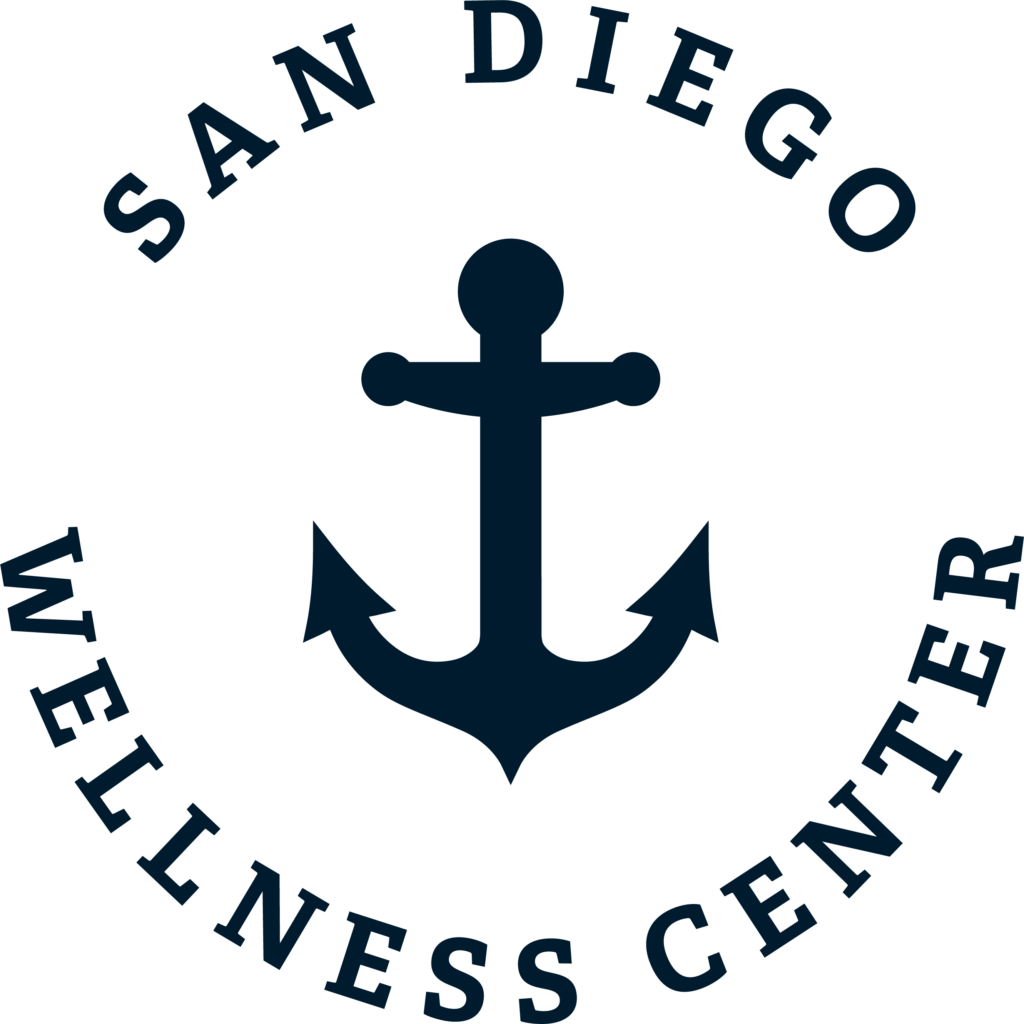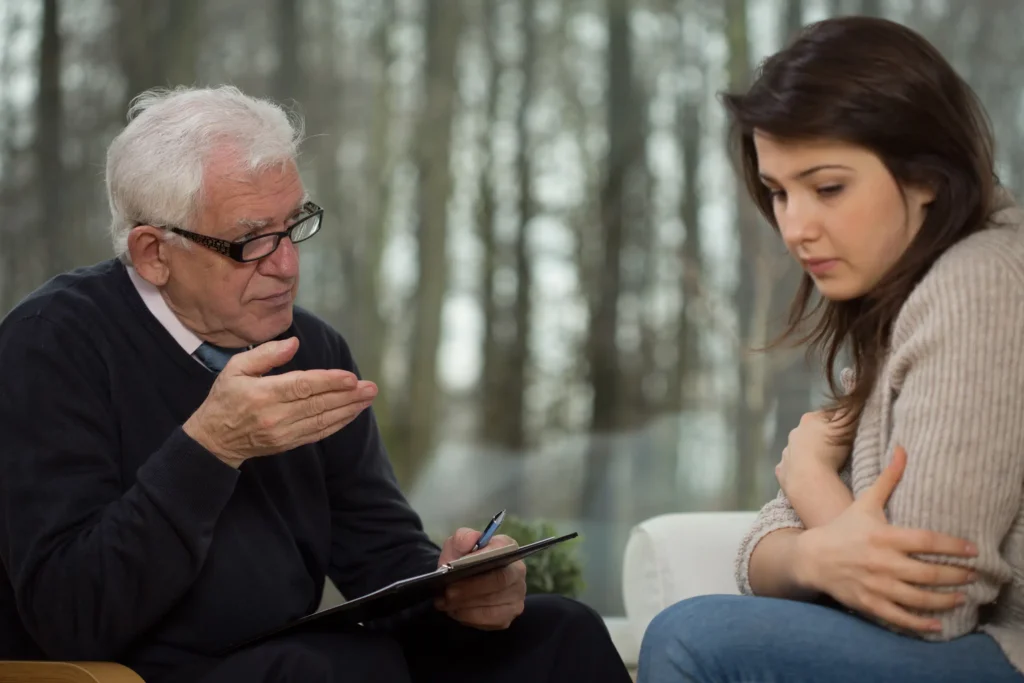Key Takeaways
- Dialectical Behavior Therapy (DBT) is a proven method that helps individuals regulate emotions, build coping strategies, and maintain balance during addiction recovery.
- Emotional regulation skills taught in DBT reduce relapse risks by providing healthier alternatives to destructive behaviors often triggered by overwhelming emotions.
- Incorporating DBT into addiction recovery programs empowers individuals to improve relationships, manage stress, and create long-term stability.
Recovery is not only about stopping substance use. It is about building new ways of living, developing healthier habits, and learning how to manage emotions that once felt overwhelming. Many people who struggle with addiction use alcohol or drugs to quiet feelings such as anger, guilt, shame, or sadness. When substances are no longer there, those emotions often return with intensity, leaving individuals unsure how to respond.
Dialectical Behavior Therapy (DBT) offers a way forward. Developed to help people who experience overwhelming emotions, DBT has become an essential part of modern addiction recovery. At San Diego Wellness Center, DBT is a key part of treatment. It helps clients manage their emotions, build resilience, and create a strong base for lasting recovery.
What is DBT?
Dialectical Behavior Therapy (DBT) was developed by Dr. Marsha Linehan in the late 1980s. She originally created it to help individuals with borderline personality disorder, a condition marked by intense emotional swings and impulsive behaviors. Over time, therapists found that the skills DBT teaches were incredibly helpful for a wide range of people, including those in addiction recovery.
The word “dialectical” refers to the balance between two ideas: acceptance and change. DBT encourages people to accept where they are right now, while also working toward healthier choices and growth. This balance is particularly powerful in recovery, where shame and self-criticism can weigh heavily on individuals.
DBT is structured around four core skill areas:
| DBT Skill Area | Focus |
| Mindfulness | Staying present in the moment without judgment |
| Distress Tolerance | Managing stress and crises without harmful reactions |
| Emotional Regulation | Recognizing, naming, and managing emotions effectively |
| Interpersonal Effectiveness | Communicating clearly, setting boundaries, and maintaining relationships |
Each skill set provides tools that make emotions less overwhelming and relationships more stable. For people in addiction recovery, this can mean the difference between relapse and resilience.
Why Emotional Regulation is Essential in Addiction Recovery
Recovery is not just about abstaining from substances. It is about building a life where sobriety feels sustainable. One of the greatest threats to recovery is unmanaged emotion.
Strong emotions like anger, grief, loneliness, or anxiety can feel unbearable without substances. Many people in recovery describe emotions as coming in waves that crash over them without warning. When emotions feel too powerful to manage, relapse can seem like the fastest way to escape.
This is why emotional regulation is so important in addiction recovery. Emotional regulation means being able to notice, name, and respond to your feelings.
When emotional regulation is weak, a person might lash out at loved ones, isolate themselves, or turn to substances to cope. When emotional regulation is strengthened, those same emotions can be acknowledged without being destructive. For example, instead of drinking to numb sadness, someone might use mindfulness to sit with the feeling and call a friend for support.
At San Diego Wellness Center, emotional regulation is a core focus because it directly affects relapse prevention, relationship repair, and overall stability. Building these skills is not just helpful in recovery; it is essential for long-term success.
How DBT Helps Emotional Regulation in Addiction Recovery
DBT is a structured approach to rewiring how individuals respond to emotions. In addiction treatment, this makes a major difference because emotions are often the driving force behind relapse.
Identifying Emotional Triggers
The first step in DBT is learning to recognize what sets off strong emotions. A trigger could be as obvious as an argument or as subtle as a memory or a smell. DBT helps clients slow down and pay attention to these triggers, making them less mysterious and more manageable.
Creating Space Between Feelings and Actions
One of the most powerful aspects of DBT is the idea of pausing between emotion and action. Instead of reacting instantly—whether by yelling, shutting down, or reaching for a drink—clients practice creating space to think. This pause allows for healthier choices.
Reducing Relapse Risk
Every relapse starts with a thought or feeling that feels unmanageable. DBT reduces relapse risk by making those feelings more tolerable. Clients build a toolbox of strategies they can reach for when emotions are high.
Improving Relationships
Substance use often damages relationships. DBT strengthens interpersonal skills by teaching clients how to express themselves clearly, set boundaries, and handle conflict without aggression or avoidance. Stronger relationships, in turn, provide a support system for recovery.
Supporting Long-Term Stability
Recovery is not about short-term fixes. DBT helps individuals create lasting stability by giving them the skills to handle both everyday stress and unexpected crises. With these tools, sobriety feels more sustainable.
Practical DBT Skills for Recovery
One of the reasons DBT is so effective is that it focuses on practical skills. These are not abstract concepts, but specific exercises and techniques that can be used immediately.
Mindfulness Training
Mindfulness is the foundation of DBT. It teaches clients how to focus on the present moment without judgment. This can mean paying attention to breathing, noticing physical sensations, or simply observing thoughts without trying to fight them. For someone in recovery, mindfulness helps reduce cravings, calm anxiety, and prevent overwhelming emotions from taking control.
Distress Tolerance Tools
Life in recovery will always include moments of stress. Distress tolerance skills provide strategies to get through those moments without relapse. Examples include self-soothing activities, such as listening to calming music, grounding exercises that focus attention on the present moment, or distraction techniques like calling a supportive friend.
Emotional Regulation Exercises
This skill area focuses on naming emotions and understanding their purpose. Instead of saying “I feel bad,” clients are encouraged to identify the specific emotion: anger, guilt, sadness, or fear. Once named, the emotion feels less vague and more manageable. DBT also teaches ways to reduce vulnerability to emotional swings, such as maintaining good sleep, exercise, and nutrition habits.
Interpersonal Effectiveness Strategies
Relationships are a central part of life and recovery. DBT teaches clients how to assert their needs without aggression, how to say no without guilt, and how to manage conflict without escalation. These skills improve not only personal relationships but also connections with support groups, sponsors, and treatment staff.
Benefits of DBT in Addiction Recovery Programs
The benefits of DBT reach far beyond therapy sessions. Clients who practice these skills consistently often report:
- Increased ability to handle stress without relapse
- Stronger relationships with family, friends, and peers
- Improved self-confidence and sense of control
- Reduced shame and guilt about past behaviors
- Greater stability in daily life
These benefits create a foundation for long-term recovery. At San Diego Wellness Center, DBT is integrated into medical detox and residential programs so that clients receive consistent practice and guidance from trained professionals.
Why DBT Works at San Diego Wellness Center
DBT at San Diego Wellness Center, is adapted to meet the needs of each client. Sessions are structured but flexible, ensuring that clients can apply skills in ways that make sense for their own experiences.
Group therapy provides a supportive environment where clients practice skills together, while individual sessions offer space to focus on personal challenges. This combination of group and individual work ensures that clients are fully supported as they build their new skills.
DBT is typically introduced during medical detox and residential treatment because this is when clients are most ready to build healthier habits. With professional guidance, clients begin practicing DBT skills early, making them a natural part of recovery.
Contact San Diego Wellness Center Today
Dialectical Behavior Therapy offers the tools to regulate emotions, build resilience, and foster stronger relationships, all of which are crucial for sustained recovery.
At San Diego Wellness Center, DBT is an integral part of treatment. Our professionals guide clients through mindfulness practices, distress tolerance strategies, emotional regulation exercises, and interpersonal effectiveness skills. By combining medical detox with residential treatment and therapies like DBT, we help clients build the skills they need to succeed.
If you are ready to take the next step, contact San Diego Wellness Center or call us at (949)506-4846.
Frequently Asked Questions
1. What is DBT and how is it different from CBT?
DBT is a type of cognitive-behavioral therapy, but it emphasizes the balance between acceptance and change. While CBT focuses on changing thought patterns, DBT helps people both accept emotions and work toward healthier responses.
2. How does DBT help with emotional regulation?
DBT provides practical skills for naming emotions, reducing their intensity, and choosing healthy coping strategies instead of impulsive reactions.
3. Can DBT prevent relapse during recovery?
Yes. DBT lowers relapse risk by giving individuals tools to manage emotional triggers and cravings before they escalate.
4. Who benefits most from DBT in addiction recovery?
People who struggle with intense emotions, impulsive behaviors, or relationship conflicts benefit most, but the skills are helpful for anyone in recovery.
5. Is DBT available at San Diego Wellness Center?
Yes. DBT is part of both medical detox and residential treatment programs at San Diego Wellness Center, led by professionals trained in these evidence-based methods.


